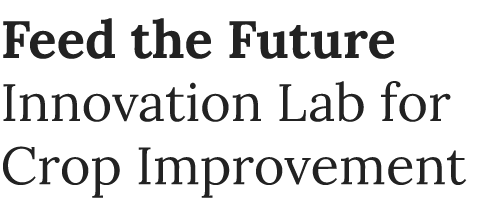Plant breeding is a numbers game – to quickly develop needed crop varieties in the face of rapidly changing climatic conditions, plant breeders need to screen thousands of plants each year. Now, a new, free program that creates QR labels for field plots will help plant breeders in lower-income countries develop crop varieties more quickly and efficiently, while removing access barriers between higher- and lower-resourced scientists. The effort is aimed at strengthening agricultural capacity and food security worldwide, and is supported by the Feed the Future Innovation Lab for Crop Improvement (ILCI).
The program, qrlabelr, is an open-source, user-friendly application that easily designs plot labels that can be read by both humans and computers. It was released Oct. 13 on the Comprehensive R Archive Network (CRAN), a central, global repository for software created in the R programming language. It will aid plant breeders in tracking each planting in an experiment – which can run between hundreds and thousands of individual plants. Its development was led by Alex Kena, a senior lecturer in the Department of Crop and Soil Sciences at Kwame Nkrumah University of Science and Technology in Kumasi, Ghana. Kena is also a research scientist for the Trait Discovery group within ILCI, and he’s spent the past year and a half working at Colorado State University (CSU) to develop solutions for plant breeders in the Global South.
To discover new plant traits, such as drought-tolerance or disease-resistance, scientists study both the genetics of plants, and their phenomics – the way genes are actually expressed in growing plants. Modern phenomics requires collecting and analyzing vast amounts of data, which in turn requires effective communication and recordkeeping.
“When I joined ILCI, I saw my colleagues in the U.S. had a lab computer with a program everyone could use to label their field trials,” Kena said. “I came from an under-resourced program in Ghana, so I immediately recognized that I didn’t have access to that kind of technology, because of the cost.”
Examples of labels from the qrlabelr application in the field.
Through his work in Tanzania and Senegal, Kena saw that plant breeders were still using hand-written plot labels, which were not machine readable or compatible with tools like Field Book, a free app designed to help plant breeders take clearer, more accurate notes in the field. Kena realized that the lack of a free plot-labeling program was preventing scientists in lower-income countries from taking advantage of other free resources that would speed their development of new, better-performing varieties.
“Alex’s work shows the great potential of open-source software that is built by developing-country scientists, for developing-country scientists,” said Geoffrey Morris, ILCI team lead for the Trait Discovery group and an associate professor of crop quantitative genomics at CSU.
Initially, Kena intended to make qrlabelr a web-based application, but then recognized that poor internet connections in the field could create another barrier to access. Instead, Kena and his team developed the program as an R package that can be fully installed on a user’s device, with data uploaded when connection is available. There are roughly 20,000 such R packages available on CRAN, including other QR labelers, but this is the first designed for agricultural researchers. The program creates printer-ready labels with both QR codes and traditional text, listing content like spatial coordinates, experiment date, name and exact planting location. Best practices in experiment management, such as creating informative and reproducible unique IDs for plots, is built in.
"For me it was a dream come true to have the opportunity to do something that my fellow researchers here in Africa would be able to use."
Alex KenaILCI Trait Discovery research scientist; senior lecturer at Kwame Nkrumah University of Science and Technology in Kumasi, Ghana.
“Having the platform to do this through ILCI, it was a learning expedition for me and I hope that the learning we’ve gained from this will be applicable in subsequent programs to address some of the other challenges and needs that underfunded programs face,” Kena said.
Other contributors to the qrlabelr package are: Ebenezer Ogoe, a former student of Kena’s at Kwame Nkrumah University; Clara Cruet-Burgos, co-program manager of ILCI’s Trait Discovery group and a postdoctoral associate at CSU; and Rubi Raymundo, a research scientist in the Crop Adaptation Lab at CSU.
For press inquiries or for more information, email us ilci@cornell.edu.
This article is made possible by the generous support of the American people through the United States Agency for International Development (USAID). The contents are the responsibility of the Feed the Future Innovation Lab for Crop Improvement and do not necessarily reflect the views of USAID or the United States Government.



